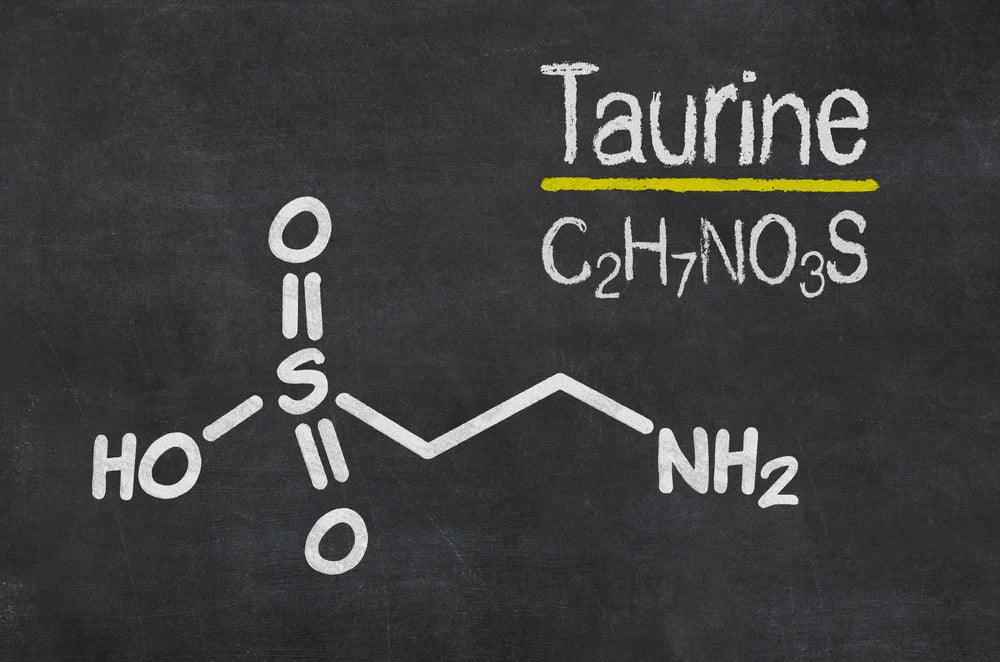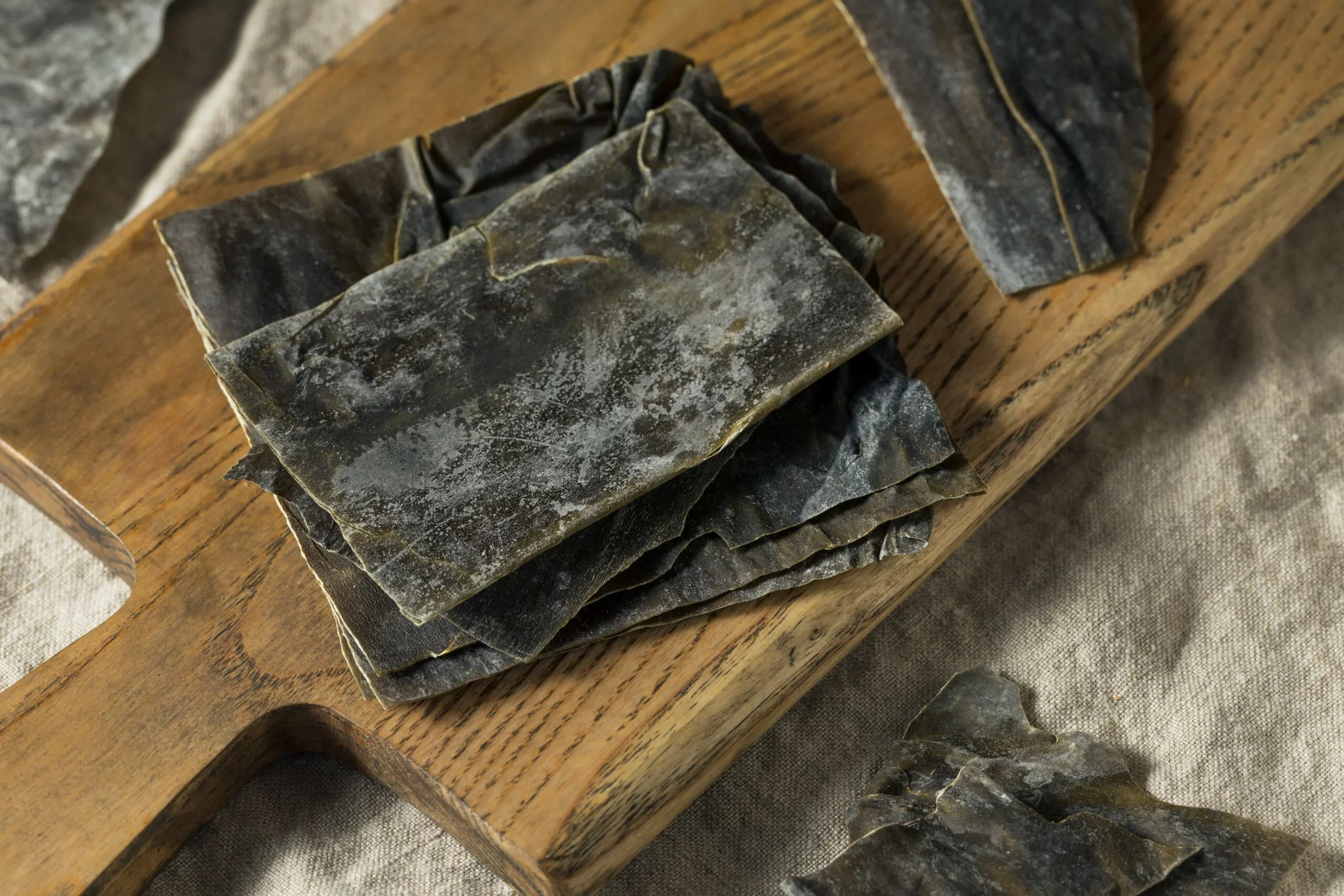Best supplements for climbers and mountaineers

Climbing, whether on snow, ice, rock, or mixed, is a strenuous sport. It demands physical fitness and mental alertness, and its followers are among the most passionate of all athletes anywhere in the world. It comes as no surprise, then, that many climbers are strict about their nutrition and dietary needs. We’ve compiled this rundown of the best supplements for climbers to help get you started on the right foot when it comes to your diet as a climber — because when the summit is the goal, the key to success is in the preparation.
MTS Nutrition Beta-Alanine
When you’re locked into a craggy peak, working your way up an intense climb, your body needs the power of a supplement built for endurance. This actually runs contrary to what the naked eye thinks about climbing — from afar, it looks like a sport dominated by brute strength and force. But it’s endurance (along with your own personal stockpile of perseverance) that’s going to get you up to the top.
Beta-Alanine is known to impact the lower body, providing extra power to the legs as they muscle you up the face. This, again, is contrary to the notion that climbing is a sport driven by the upper body. If your lower body can’t provide the base, good luck on that ascent. MTS Nutrition has designed a Beta-Alanine supplement with climbers in mind. Whether you’re hitting the local climbing gym or heading out into the backcountry, being able to depend on your lower body for a 100% effort is critical in climbing.
This is especially true for sport climbers, who are likely to notice a dramatic increase in endurance ability during short, intense climbs.
A standard multivitamin
“Take your vitamins!” is something you undoubtedly heard as a kid. For many of us, even in the outdoors community, regulating our vitamin intake is something that fell by the wayside once we no longer had someone planning out our diet for us. You can easily alleviate this issue and ensure you’re getting the recommended amounts of critical vitamins like Vitamin B6, B12, C, E, and zinc, simply by taking a standard multivitamin supplement such as LifeExtension or AlphaMen.
To really step it up, look for a multivitamin geared towards higher levels of activity such as Athletic Greens Ultimate Daily — but don’t feel pressured if you don’t want to spend that much at first or if you’re a casual, seasonal recreational climber.
New Zealand Green Lipped Mussel Oil
Omega-3 fatty acids are perhaps the most important supplement long-term climbers need. Years of heavy activity on your joints can cause increased levels of joint pain and inflammation. Over time, increased inflammation reduces your ability to climb at the level you know you should be at, but fortunately, Omega-3s are here to save the day. The US National Library of Medicine found in a study published in 2019 that Omega-3s have a profound impact on muscle mass as well, a nice piece of trivia for you climbers to hold onto. Omega-3s can prevent the reduction of muscle mass! According to the study, “omega-3 fatty acid ingestion alleviates the loss of muscle mass and prevents decrements in mitochondrial respiration during periods of muscle-disuse.”
GLX3, for example, provides a triple power punch to the face of inflammation with all three of its natural ingredients — New Zealand Green Lipped Mussel Oil, New Zealand Olive Oil (also high in omega-3s), and Vitamin E oil, which locks in the power of the other two ingredients. This supplement can be taken at any time of day, whenever your routine suggests — and you should begin noticing a difference within 60 days. See what specials are currently offered right here.
How to add a supplement to your diet
If you are new to dietary supplements, here are a few tips and hacks for easing them into your lifestyle. First, and perhaps the most obvious, is to always follow the directions on the bottle. Some require only one pill per day, others two or more. You’re not going to get the proper benefit if you aren’t getting the recommended dosage.
Second, remember that supplements aren’t a substitute for a healthy diet. In general, taking supplements with or around a meal will help you get into the habit of taking them, but avoid the line of thought that says, “I took my multivitamin so it’s all good if I order fries instead of a salad.” There is no substitute for a healthy, balanced diet, no matter what any label on the side of a bottle tells you.
Third, store your supplements properly. GLX3, for example, fits nicely inside a medicine cabinet alongside your toothbrush and deodorant. Proper storage also helps you get into the habit of taking your supplement, as you’ll always know where to reach when the time comes. Keeping the in the right place, be that dry or cold storage, ensures the right environs for the specific ingredients and can help keep them out of the reach of children, as well.










